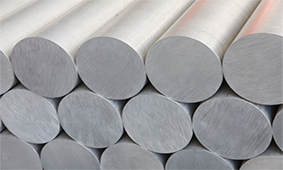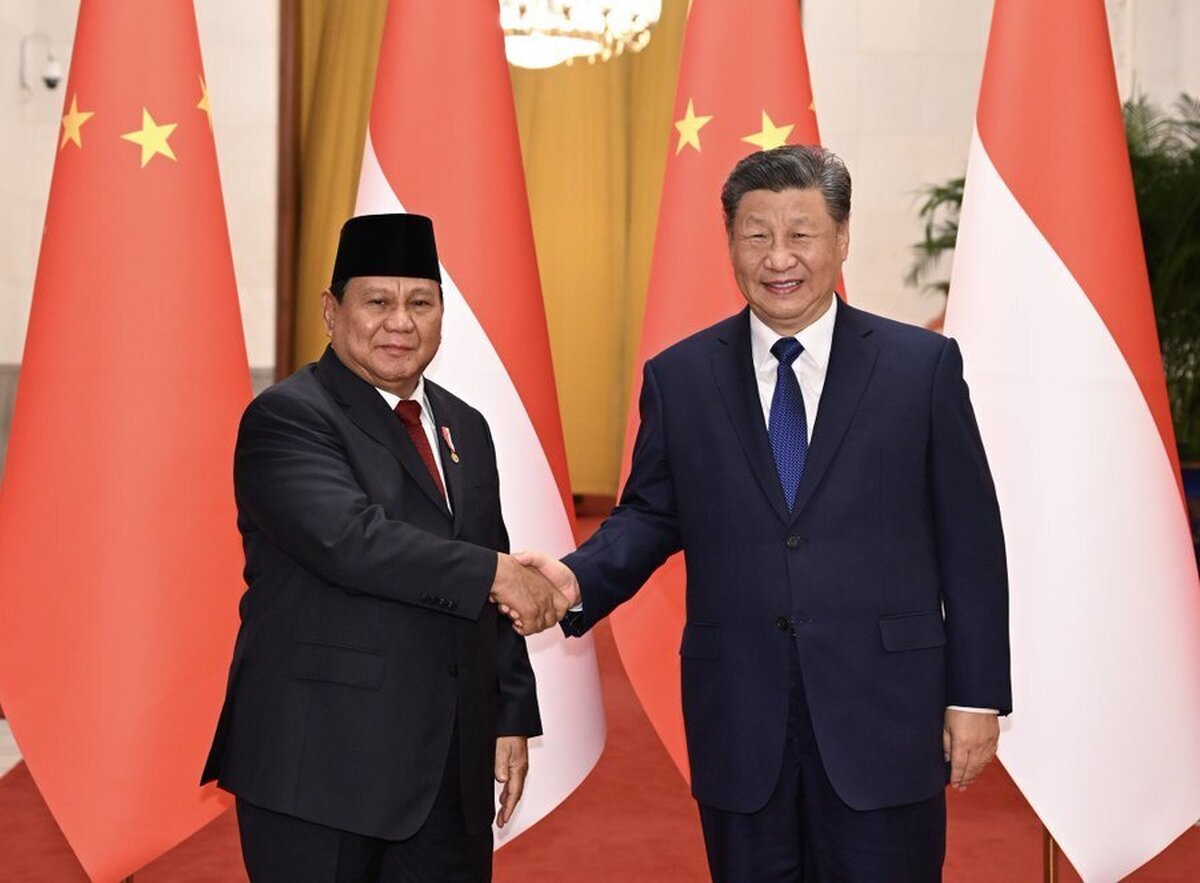
Damco Aluminum Delfzijl Coöperatie seeks refuge in green electricity but Covid-19 creates uncertainty

The post-bankruptcy as recent as in 2017, one of the most important employers in East Groningen seemed to be closing its doors permanently.
The company will be celebrating its 40th Anniversary next year.
Production has now been scaled up to 225 ovens that are in daily use - at least for the corona crisis.
A party such as Aldel, which is at the front of the chain, is now also beginning to notice the consequences. "We see orders from the car industry falling, resulting in a huge drop in turnover," said financial director Eric Wildschut, "And if the turnover falls, we cannot ignore the financial support that the government offers."
Moreover, more and more countries are closing their borders, and Aldel is also bothered by that. "We see long lines for the German-Polish border. We also have our trucks in there. ”
Australian McNamee, who was sent by a year and a half ago from York to Delfzijl said "Aldel has not always been well managed in the past. York saw opportunities to do better, especially in reducing costs and to contribute to global environmental goals. ”
The latter statement needs some explanation. Aldel is a major consumer of energy and emitter of carbon dioxide. Five years ago, the company consumed 1.7 billion kWh of electricity per year, almost 1.5% of total electricity consumption across the Netherlands. The power consumption accounts for about 40% of the operating costs.
For years, Aldel was able to make agreements with the government about a fixed low electricity price, but now the price is determined by the market. Energy costs, in addition to low aluminium prices, were one of the causes that the company already went down in 2013. Competitors in Scandinavia and Germany, among others, paid less for their energy.
Aldel wants to change this now, says McNamee. York has now invested “more than 100 million euros”, including in the collection of solar and wind energy. The global price for aluminium is set at the London metal exchange. "Little price negotiation is possible for both raw materials and aluminium."
The company therefore mainly focuses on reducing production costs. The aluminium smelter must run on green energy within ten years. Operational director David Eisma: “We also want to capture carbon dioxide on our property and process it ourselves." Besides, Aldel will soon have to form a 'turntable' in the electricity network to absorb peaks. Eisma: "We will be flexible with production." If there is a lot of wind, Aldel will have a high production and vice versa less.
The green ten-year plan sounds ambitious, but in the meantime, there is an owner who wants to see something back from the millions invested. Ten years is an eternity for private equity concepts.
McNamee swears that it is "long term", but that there are "natural production goals" that "should ultimately lead to profit". He does not want to say how high those targets are, only that the profit margins are “in line with what is usual in this sector”.
Aldel suffered a loss of over 27 million euros in the first year under York. Although there are no precise figures for 2019, that year was also a loss, confirms financial director Eric Wildschut. “We are still increasing production. That was always the plan, but we had a fire last year and a leak in one of the ovens. ”
The plan was to have all 304 ovens in operation early this year, but there are now 225. McNamee: "It takes a little longer to get where we want to be."



Gold price edges up as market awaits Fed minutes, Powell speech

Glencore trader who led ill-fated battery recycling push to exit

Emirates Global Aluminium unit to exit Guinea after mine seized

Iron ore price dips on China blast furnace cuts, US trade restrictions

Roshel, Swebor partner to produce ballistic-grade steel in Canada

Trump weighs using $2 billion in CHIPS Act funding for critical minerals

US hikes steel, aluminum tariffs on imported wind turbines, cranes, railcars

EverMetal launches US-based critical metals recycling platform

Afghanistan says China seeks its participation in Belt and Road Initiative

Energy Fuels soars on Vulcan Elements partnership

Northern Dynasty sticks to proposal in battle to lift Pebble mine veto

Giustra-backed mining firm teams up with informal miners in Colombia

Critical Metals signs agreement to supply rare earth to US government-funded facility

China extends rare earth controls to imported material

Galan Lithium proceeds with $13M financing for Argentina project

Silver price touches $39 as market weighs rate cut outlook

First Quantum drops plan to sell stakes in Zambia copper mines

Ivanhoe advances Kamoa dewatering plan, plans forecasts

Texas factory gives Chinese copper firm an edge in tariff war

Energy Fuels soars on Vulcan Elements partnership

Northern Dynasty sticks to proposal in battle to lift Pebble mine veto

Giustra-backed mining firm teams up with informal miners in Colombia

Critical Metals signs agreement to supply rare earth to US government-funded facility

China extends rare earth controls to imported material

Galan Lithium proceeds with $13M financing for Argentina project

Silver price touches $39 as market weighs rate cut outlook

First Quantum drops plan to sell stakes in Zambia copper mines

Ivanhoe advances Kamoa dewatering plan, plans forecasts


















